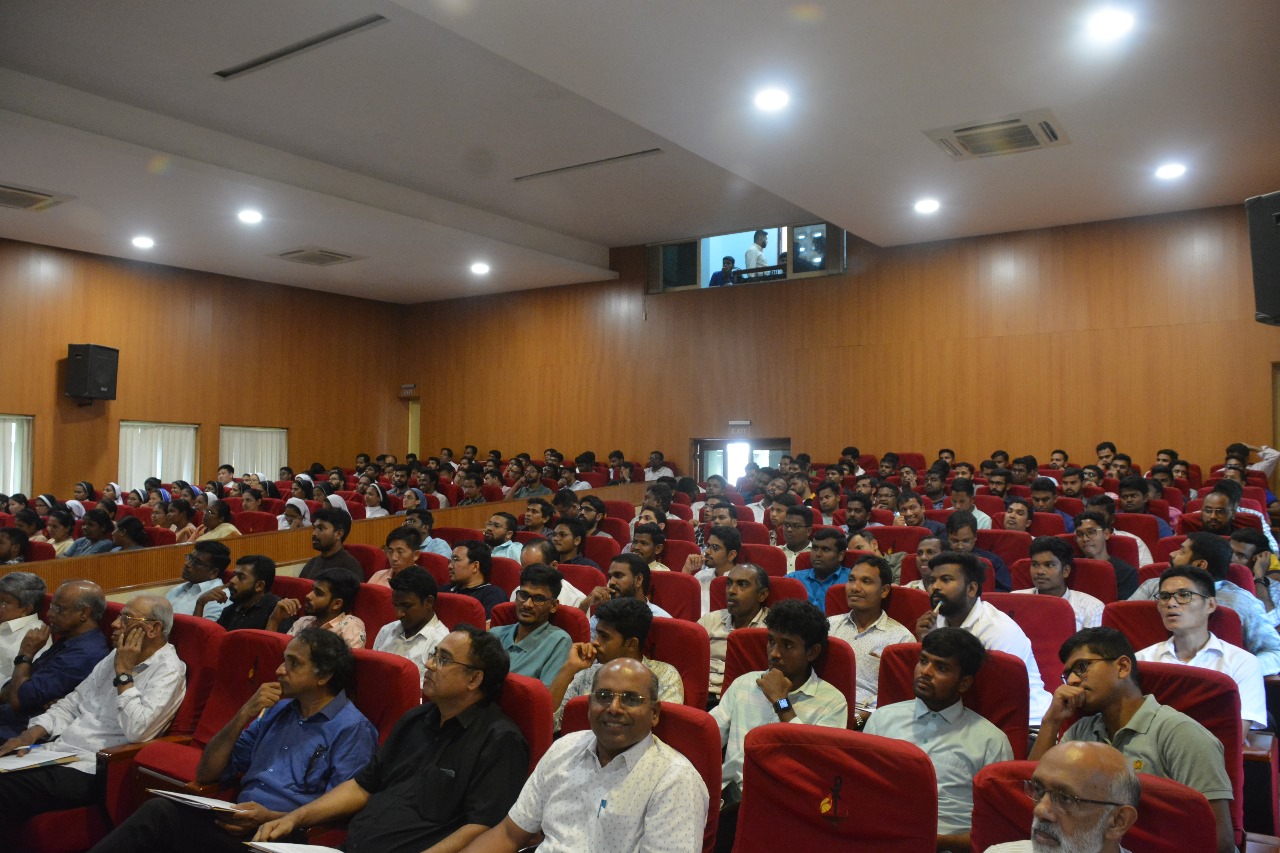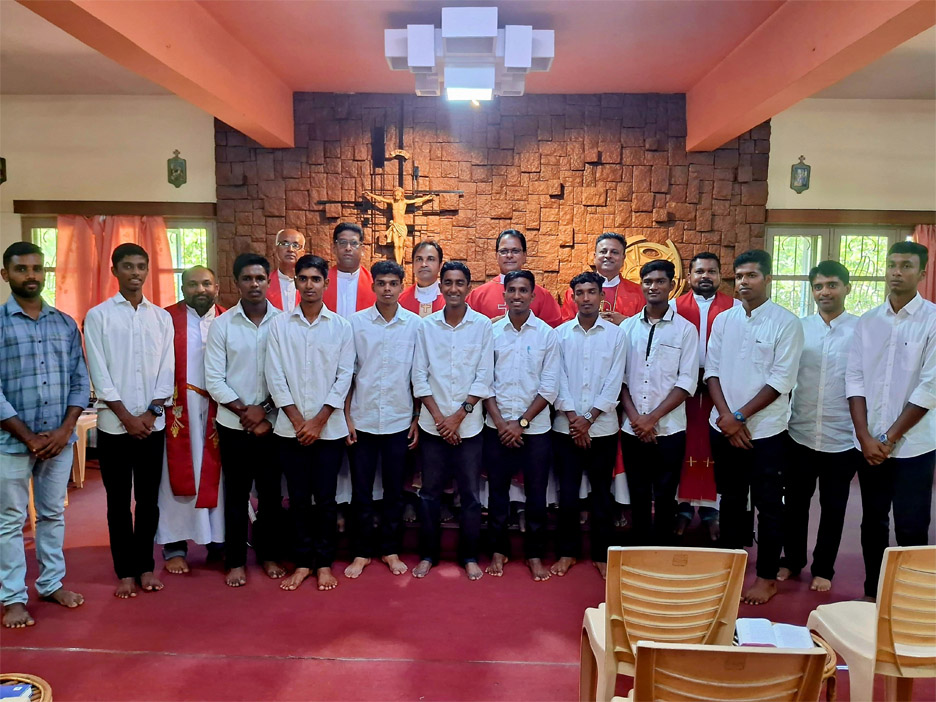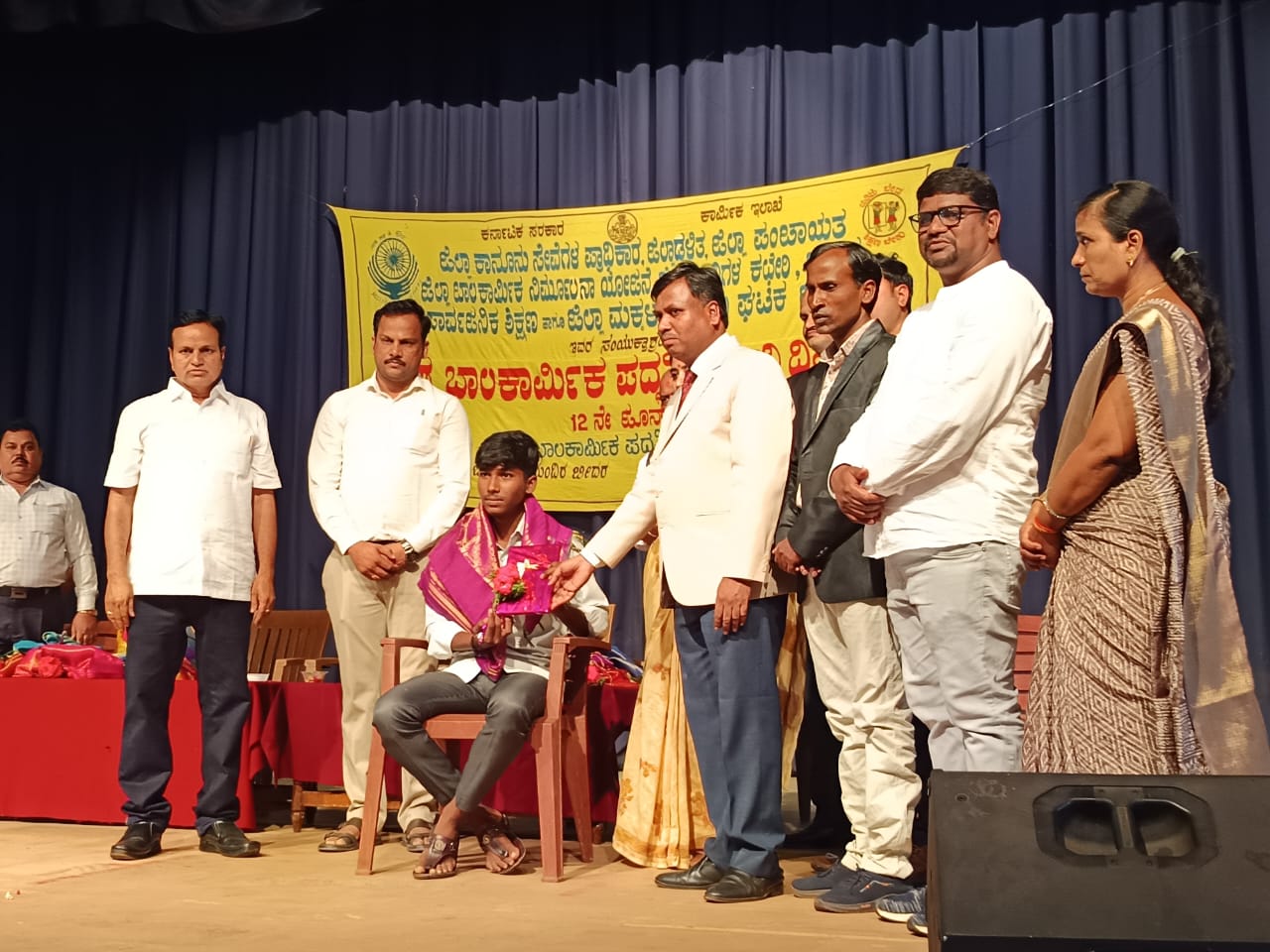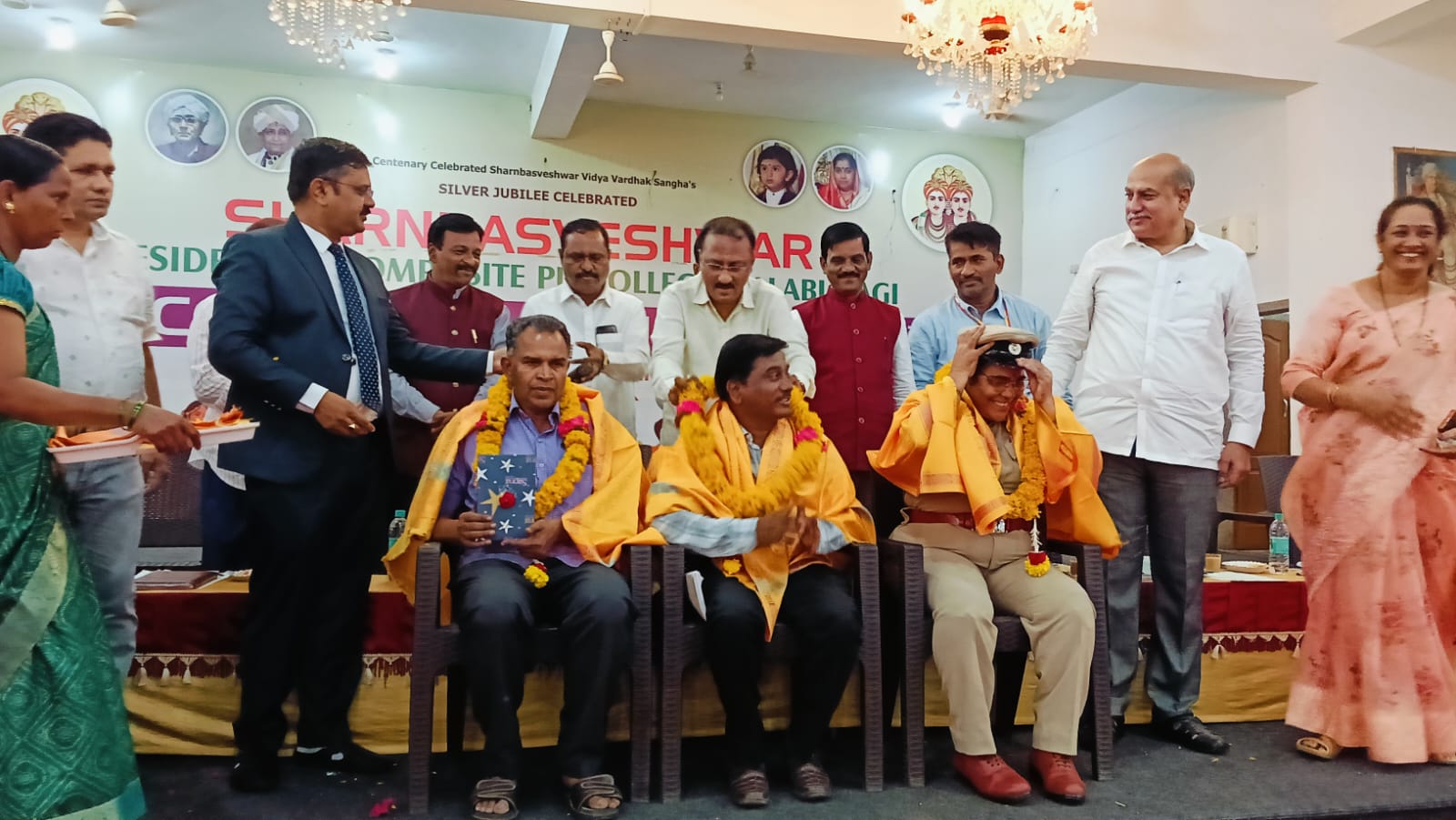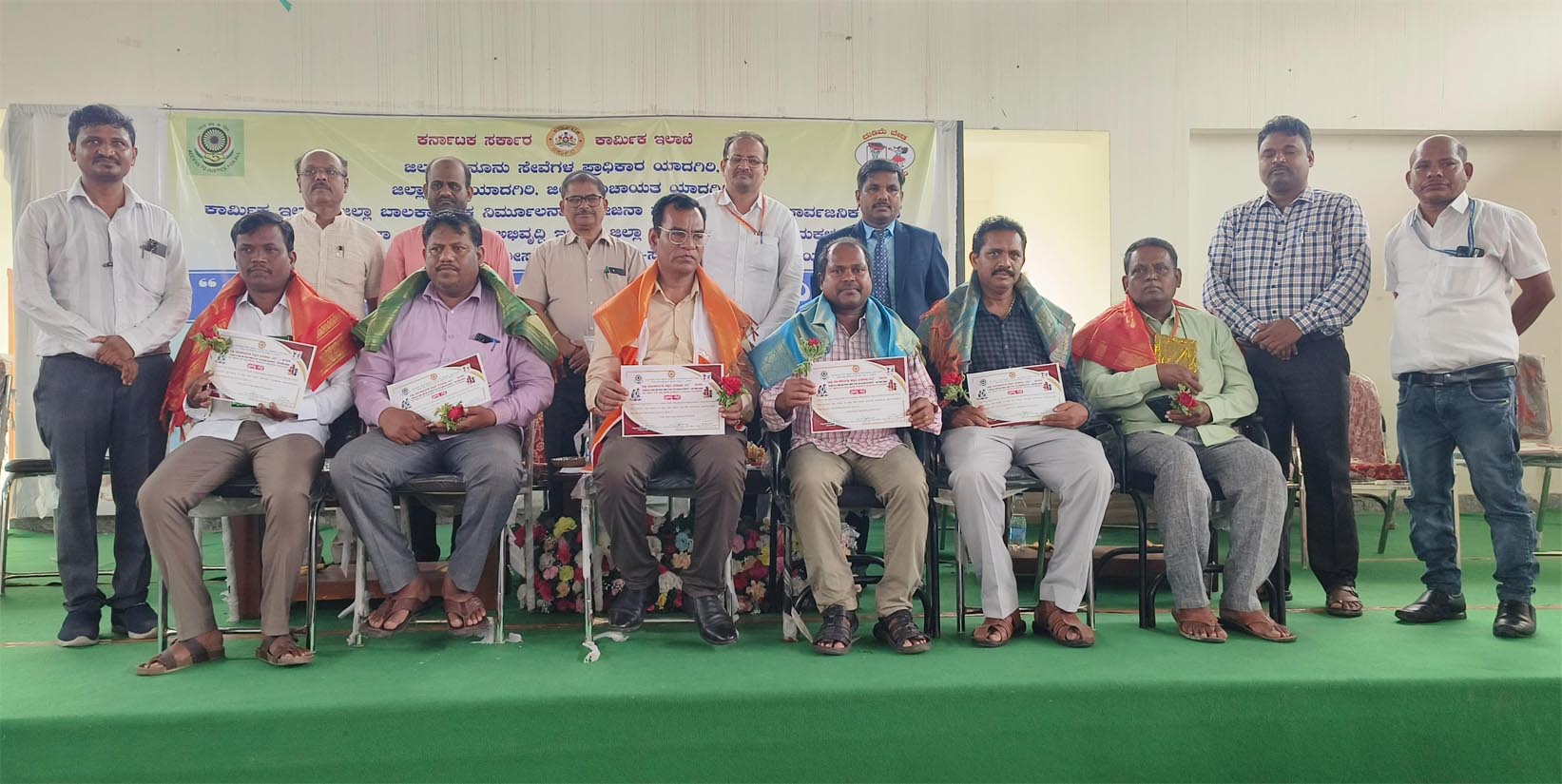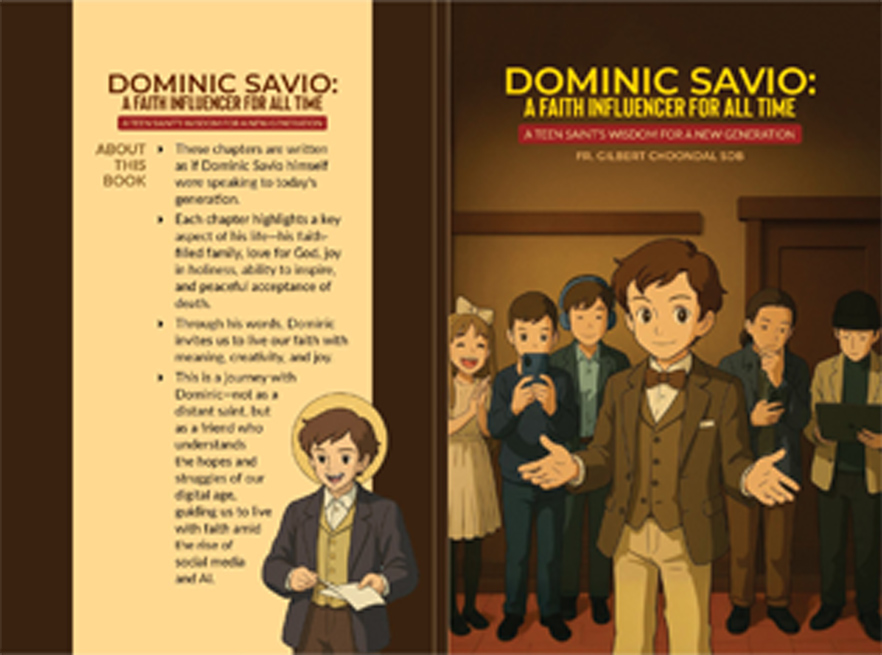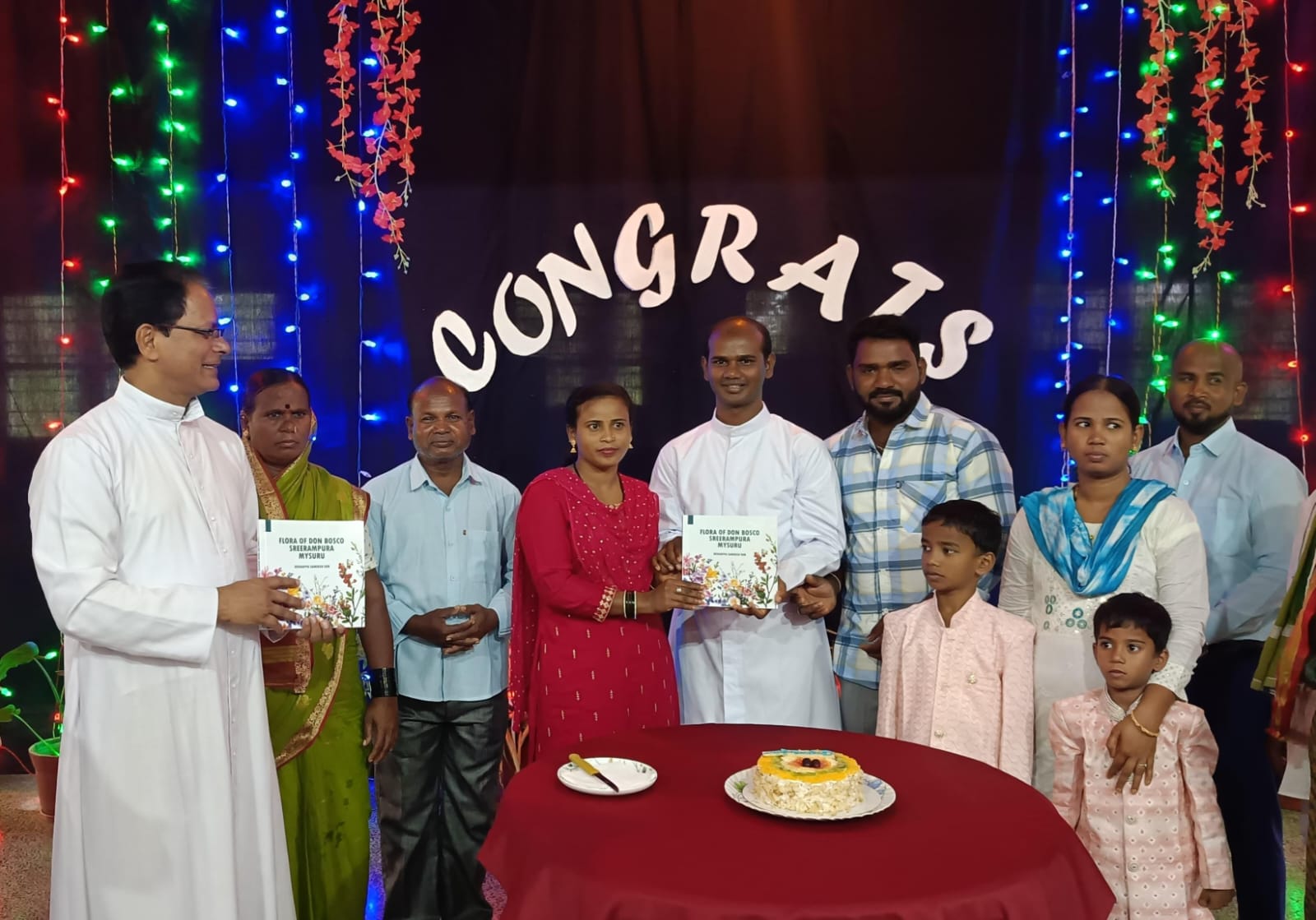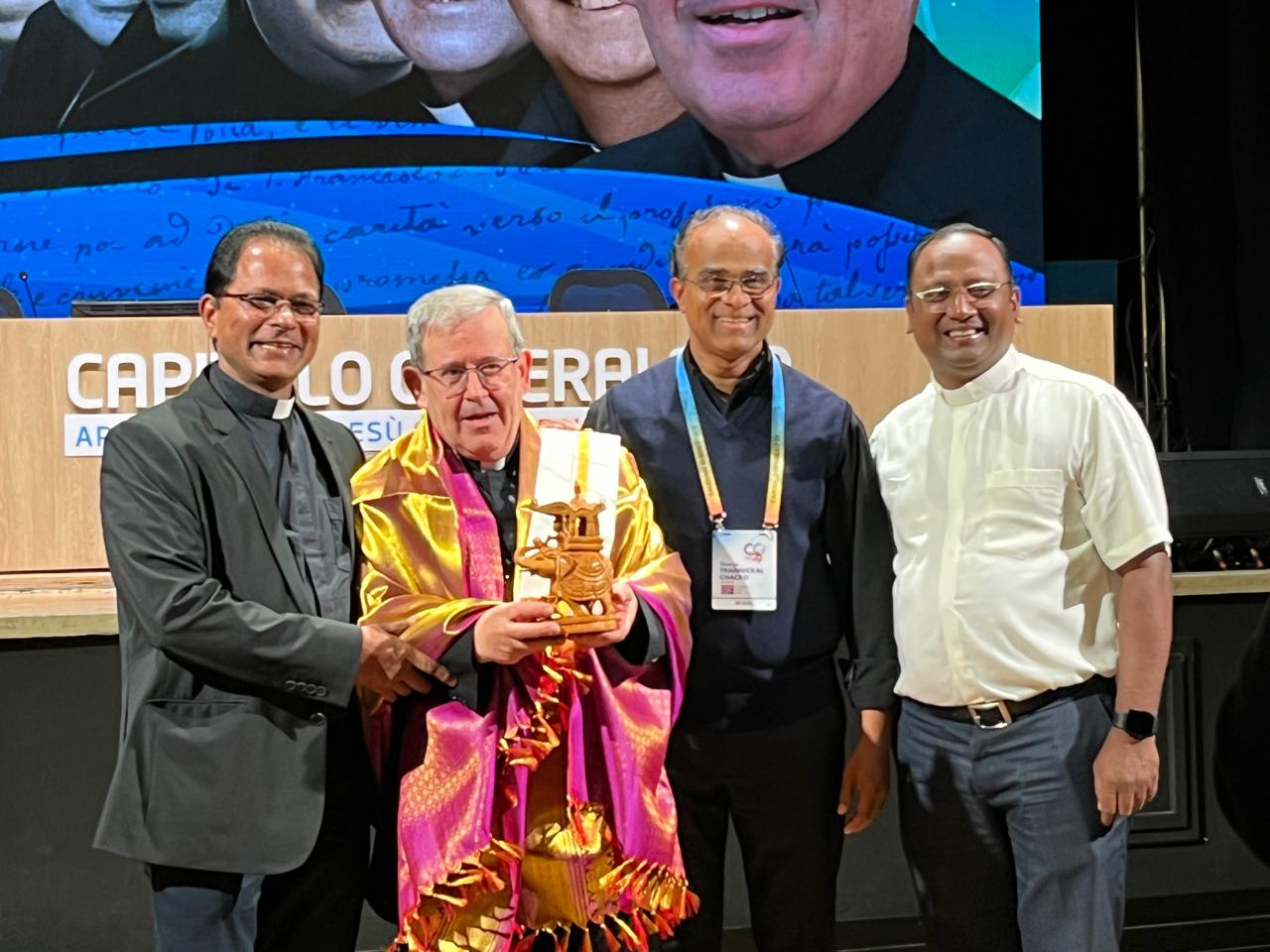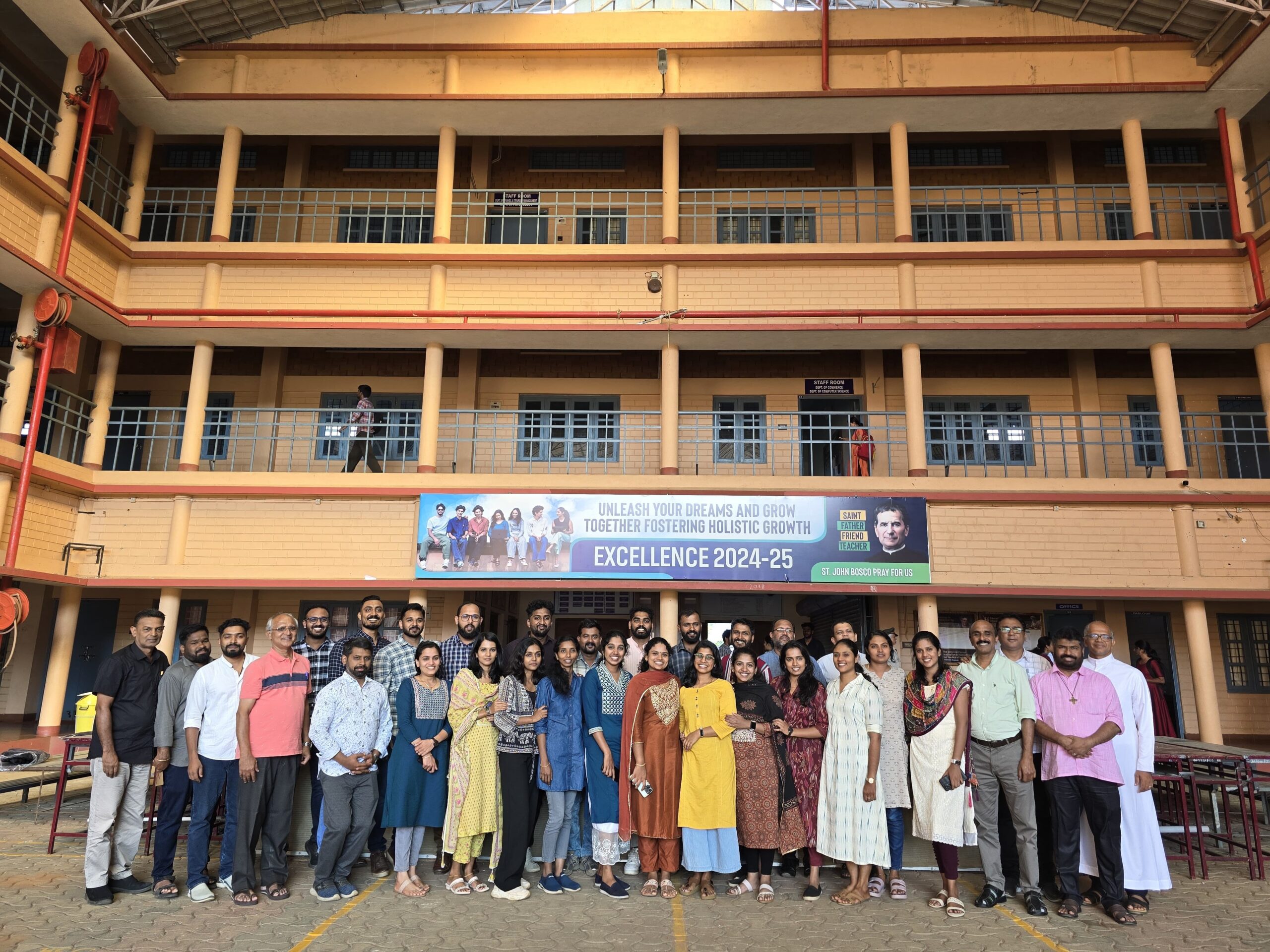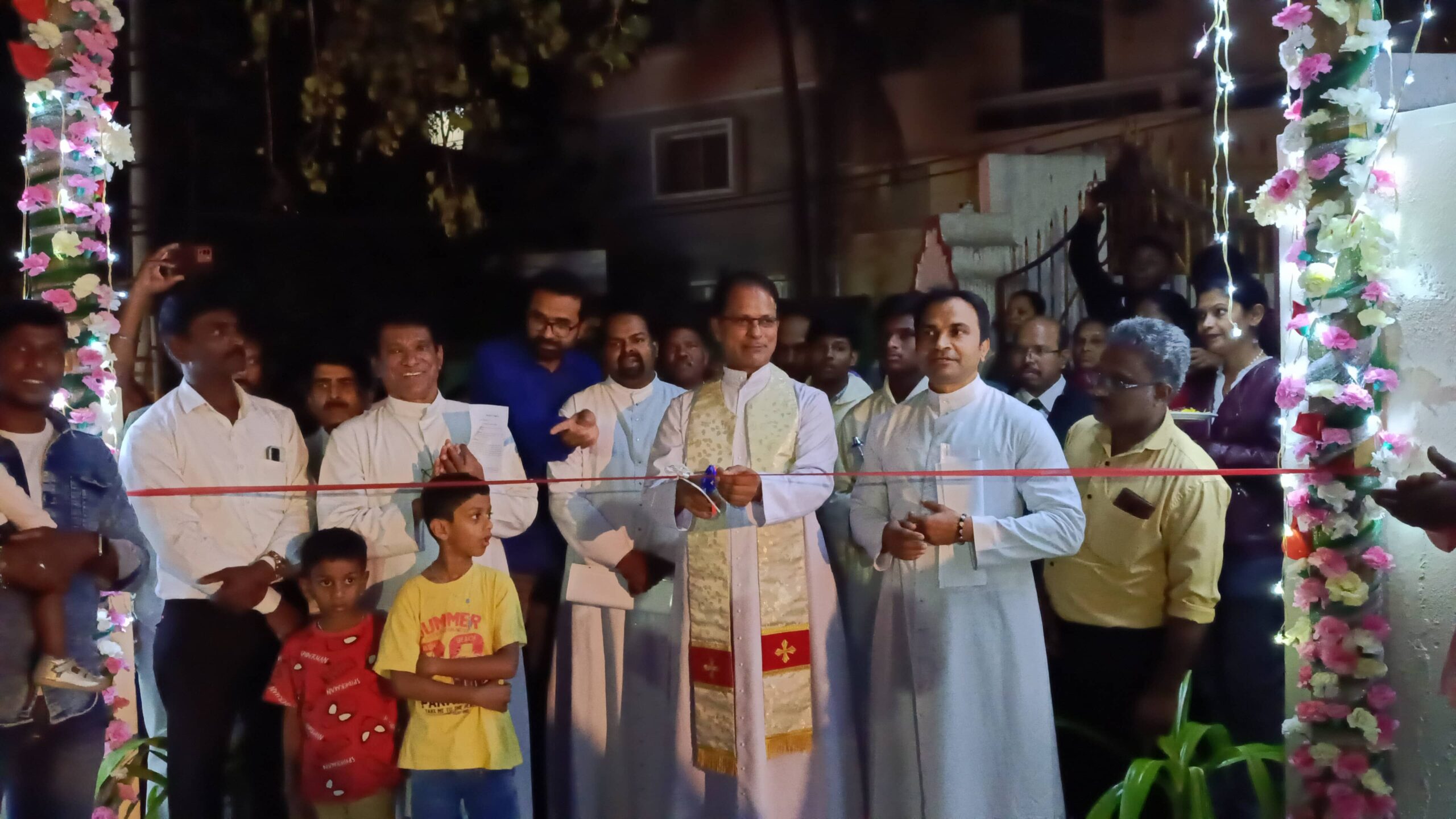Kristu Jyoti College Hosts Seminar on Public Theology, Mission, and Artificial Intelligence
On September 17-18, 2024, Kristu Jyoti College, Bangalore, in collaboration with the Pontifical Salesian University, Rome, hosted the annual college seminar on the theme: Public Theology, Mission, and Artificial Intelligence: Prospects and Challenges. The event brought together faculty and students to reflect on the evolving nature of public theology, its relevance in the modern world, and the increasing role of artificial intelligence (AI) in education and evangelization.
The seminar began with a prayer dance, followed by a welcome address from Dr. Shabu Thottumkal. The keynote speaker, Dr. F. V. Anthony, introduced the concept of public theology, which he described as “Theology in exit.” He emphasized that theology must step out of academic confines and engage with the real issues of the world. Referencing Pope Francis, Dr. Anthony highlighted the transition from Missio Ad Gentes to Missio Inter Gentes—a mission that fosters mutual growth between the Church and society. He stressed the importance of dialogue between diverse cultures and faiths, urging public theology to promote mutual respect and collaboration for humanity’s betterment. Dr. Anthony invited participants to explore how public theology, inspired by Gospel values, could contribute to creating a more just, inclusive, and peaceful world.
In the afternoon, Dr. Michal Vojtas delivered a presentation on the evolution of culture, from oral traditions to digital platforms, drawing attention to AI’s growing role in today’s digital era. Using the example of Salesian AI, a tool for research and education, he explained how AI can gather and present complex data coherently. He underscored that, when used ethically, AI could serve as a valuable asset in education and evangelization, helping the Church in its mission.
Vibrant group discussions were held over both days, with the 230 students divided into 12 groups. The discussions focused on the role of curricula in promoting human development, the challenges of religious and cultural diversity in local contexts, the application of AI in education and social services, and the role of the laity in promoting human rights. A key theme emerging from these discussions was how to achieve human development in a diverse and evolving world. Each group presented their findings, offering insights into how theology could be more engaged with societal issues. The screening of the movie The Old Oak provided additional context for the seminar, with participants reflecting on themes of public theology portrayed in the film.
On the second day, discussions focused on practical applications of public theology in education and social service. Dr. Anthony shared examples of how Christian outreach could influence social change. One moving example was the story of Mr. M.F. Farooqui, an Indian administrator inspired by Christian values to initiate humanitarian projects, including the Anbu Illam at Salem.
Fr. Vojtas further explored the potential of AI in social service, suggesting that it could enhance outreach efforts by streamlining operations. However, he cautioned that AI should not replace the personal, human connection central to mission work.
As the seminar concluded, Dr. Kadankavil James synthesized the discussions, emphasizing that theology should always move from God to people and from people back to God. He encouraged participants to engage actively with the challenges and opportunities presented by public theology and AI, urging them to be doers of the Word, not just hearers.
The seminar ended with Deacon Arokia Berdouil Raj offering a vote of thanks, expressing gratitude to the resource persons, participants, and organizers for their contributions. The two days left participants with a deepened understanding of the role of theology in today’s world and the exciting potential of integrating AI into the Church’s mission.



